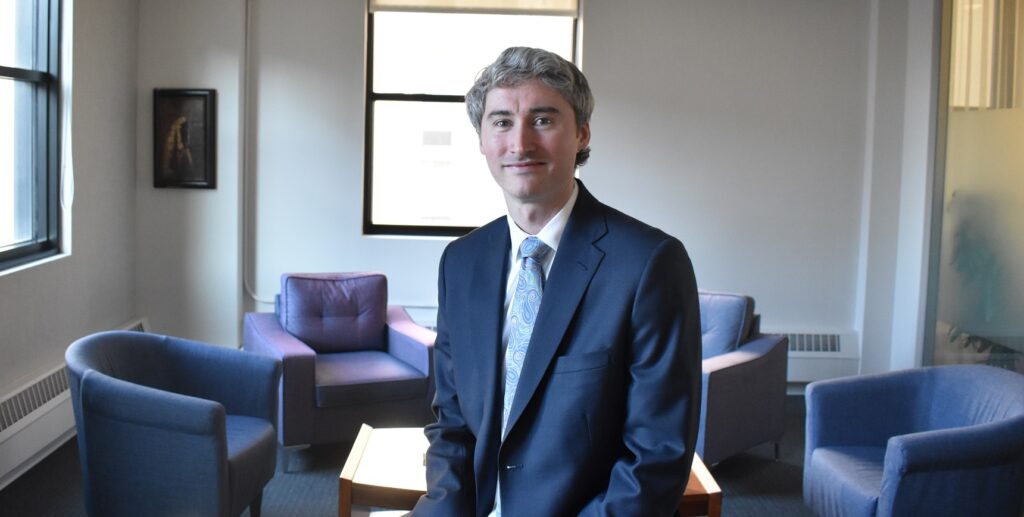This "Outside Consultant" column by Daniel B. McLaughlin, a senior executive fellow at Opus College of Business, ran in the Star Tribune on Sept. 27, 2021.
Because of COVID-19, the past two years have disrupted American society and accelerated many changes in its health care system. The most visible change is the rapid adoption of telehealth. This has long been in the strategic plans of health systems, but implementation has been rapidly expanded in the past two years. Although utilization of telehealth has increased, patients are also making choices for in-person appointments as well. The future will be a mix of advanced telehealth and a personal connection to a health provider.
Because of the improvement in digital health platforms and their increased interoperability, the site of the delivery of care is moving out of the hospital to ambulatory and home care. Some systems, such as hospital care in the home, were only once imagined but have now become a key treatment option. This has relieved some of the current pressure on hospital capacity due to COVID-19, but it will be a permanent change in the system.
Newly improved digital platforms now provide the opportunity for health systems to develop patient engagement systems that are much more consumer friendly and begin to mirror some of the best practices of online retailers. In an era of medical misinformation, these new digital platforms have also served as an invaluable source of reliable and trusted health information for patients and this capability will increase.
COVID-19 has also changed how employee health has been viewed by many companies. Employers are now developing more sophisticated policies for healthy workplaces including vaccine mandates and reconfigured office and workspaces. This trend will continue as the threat of infectious disease will be present for the foreseeable future.
Employers are also creating new, flexible working arrangements for their employees with a mix of remote work and in-person connections. Because the health care system has also adopted this mixed model of care delivery, each employee will have the ability to mix both their work for the organization and meeting the health care needs for themselves and their families.
Progressive employers will now develop systems to support the integration of health care into each employee’s daily activities through the use of digital health. This new strategy for employee health will contribute to employee retention, productivity and a healthy workforce.
Daniel B. McLaughlin is a senior executive fellow at the University of St. Thomas Opus College of Business.







